Table of Contents
ToggleIVF stands for In-Vitro Fertilization. It’s a well-known method of Assisted Reproductive Technology (ART). IVF helps female infertility by combining the sperm and egg in a laboratory dish, called a Petri dish. The human embryo is transferred to the patient’s uterus through a minor surgical procedure called Embryo Transfer.
IVF can be a very positive and successful experience for many people. Indeed, IVF does not guarantee pregnancy, but it may significantly increase the likelihood of success for those who have been having trouble getting pregnant.
IVF Treatment is one of the most popular Assisted Reproductive Techniques that requires time, money, and energy. Patients and their partners will play an important role in preparation and success. We’ve written this to help couples start their IVF journey so they can better prepare for conception and pregnancy.
In-Vitro Fertilization Procedure
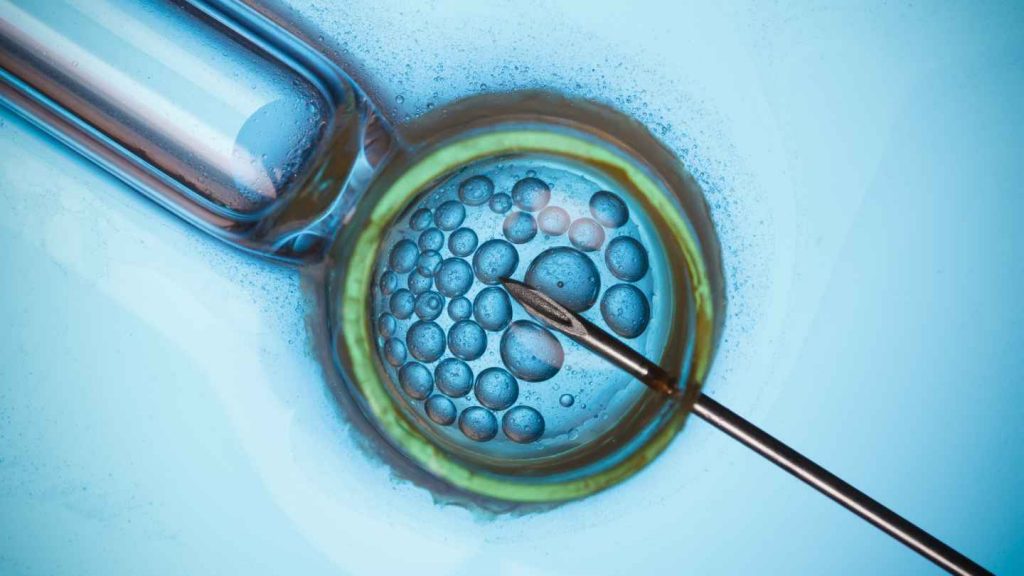
The first step in IVF procedure is to take fertility drugs for about a month to stimulate your ovaries to release multiple eggs. You will likely have ultrasounds or blood tests like AMH and hysteroscopy tests every week or two to monitor your hormone levels and egg production. The exact course of medication will vary from one IVF clinic to the next.
Once your doctor has confirmed that your ovaries have produced enough mature eggs, you will undergo a minor surgical procedure called egg retrieval, in which the doctor removes healthy eggs from your body.
After the egg retrieval, the eggs will be fertilized with your partner’s sperm or donor sperm at the IVF lab. After this is done, you may get to see your embryos in an incubator and find out whether your embryos have the number of cells they should have for them to be successfully implanted.
As we can see that IVF is a very complex process, and there are many cases of IVF Failure where couples are not successful in achieving a pregnancy despite their best efforts. There are many things that a couple needs to take care of while going through this treatment. We will share with you some do’s and don’ts of IVF to help you get success with your IVF.
DO’s of IVF Treatment
1. Manage Stress

Stress is not just a feeling. It is also a physiological response. Your body releases stress hormones-including adrenaline, cortisol, and thyroxine-when you encounter stress. These hormones increase your heart rate, blood pressure, breathing, and metabolism. also, stress affects your Fertility.
Creative activities such as writing, singing, dancing, and crafts can help you relax whenever you feel stressed.
2. Understanding Hormones
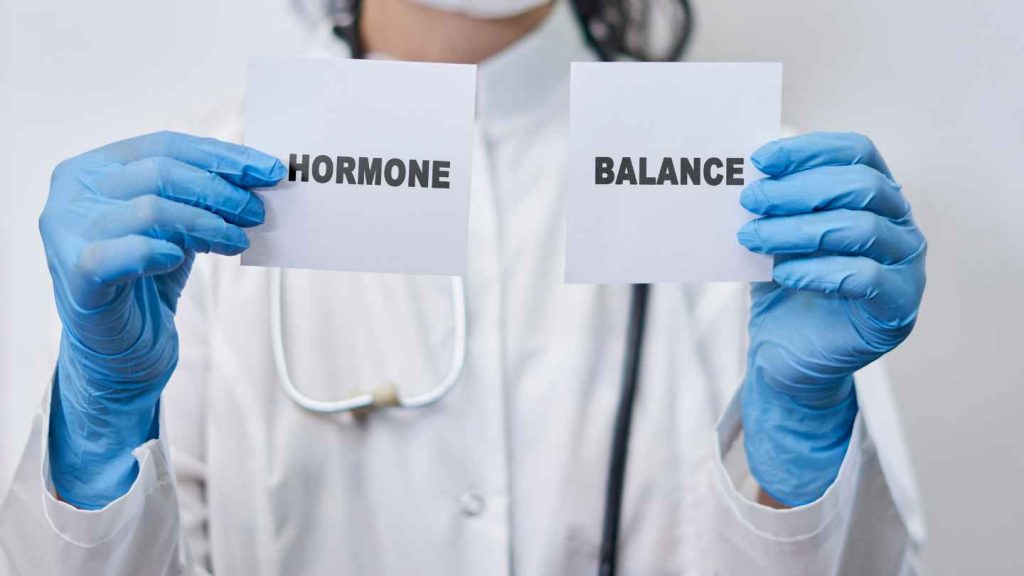
Understand that your hormones are all over the place during the IVF process. You will go through a rollercoaster of emotions with unusual bouts of sadness, and anxiety. It is hard to avoid these feelings, but you can minimize their impact by knowing why they are there and how they affect you.
3. Know The Cost and Your Finances

IVF treatment costs can make a big dent in your finances. How do you avoid making the payments for your IVF treatments difficult? One way is to get a health insurance policy to cover some, if not all, of your IVF treatments.
4. Listen To Your Doctor

The doctor is the one who understands your body and knows best when it comes to your health. Always listen to your doctor and do everything they say during IVF treatment.
Don’ts of IVF Treatment
1. Say No To Alcohol
Alcohol consumption can significantly impact pregnancy, both before and after conception. Before conception, one study shows, men and women who drink more than four drinks per week reduce their likelihood of successful fertilization by nearly 50%. A daily beer lowers male fertility by 28%, while white wine (not red) reduces female fertility by 22% before conception.
2. Reduce Caffeine Intake
The link between coffee and IVF success is very real. If you’ve had your eggs retrieved, it’s crucial to think about how much caffeine you’re consuming daily. One small cup of coffee a day is safe, but those who drink multiple cups may be at risk of affecting their health.
3. Do Not Focus on Weight Loss
Doctors recommend losing weight for women about to undergo IVF treatment. Obesity is a significant impediment in completing IVF treatment. Losing weight does not guarantee you a successful IVF cycle. However, losing weight will make your life easier during the process and decrease the chances of IVF failure.
Exercise stresses the body, but light and moderate exercise can be beneficial in losing weight easily.
Things To Take Care of Before IVF Treatment
- The main objective should be to eat and stay healthy mentally and physically.
- Start exercising daily before 3-4 months of your IVF treatment.
- Any intoxicants and drugs are strictly prohibited for at least a year.
- Start taking prenatal vitamins daily, but make sure your doctor knows about it.
- Avoid traveling to places, especially to other countries, as you never know what infection or contagious issue will affect you.
Things To Take Care of During the IVF Procedure
- Many females stop exercising during IVF treatment because they feel that it might affect the pelvic region and reduce the IVF treatment’s success rates.
Dr. Namita Kotia- the Director of Aastha Fertility Care, says that doing exercise and maintaining a healthy BMI ( Body Mass Index) is good for the womb and helps proper blood flow to the reproductive system needs blood the most.
- Make sure that whatever supplements and products you take, you do it after the doctor’s permission.
- Avoid using nail polish, cosmetics with harsh chemicals, and cosmetics with fragrance, as they are not considered suitable for the female.
- Make sure you are taking more than 8 hours of rest to relax your body.
Thing To Do After The IVF Treatment
- When the embryo transfer is complete, you’re ready to celebrate! It might seem like a big step, but it will be one of the most memorable moments in your journey. There are many thighs that you need to take care of for the next 3-4 weeks until you get the good news.
- The first thing to take care of is to pamper yourself to the best. Do what makes you happy- relax for some time, read your favorite book, watch a new movie or binge-watch your wishlist show.
- Make sure that you are regular with the doctor’s medication.
- Give proper attention to the products you use daily and avoid the ones that have chemicals like bisphenol, parabens, and phthalates. These chemicals affect the ideal hormonal function in the body, making it bad and non-ideal for the post-IVF period.
Do’s And Don’ts of IVF Treatment After Frozen Embryo Transfer
FET is an advanced procedure that has solved infertility issues among elderly couples. To get a successful outcome, our experts recommend some precautions and guidelines which are easy to follow and highly effective.
Do’s of IVF Treatment After FET
REST
Implantation occurs within the next 1-5 days after a blastocyst transfer. Get plenty of rest as your body continuously needs to stimulate hormonal changes.
EAT AND EXERCISE
Eating consciously is another vital aspect. Avoid alcohol and smoking; include more fruits, nuts, eggs, and fish in your daily diet. Avoid inflammatory and sugary foods. Eat healthy carbohydrates, don’t exclude protein, and take daily folic acid with multivitamins.
FOOD HABITS TO FOLLOW DURING IVF TREATMENT
A Mediterranean-style diet has been recommended for the IVF treatment journey. This diet is said to improve the IVF success rate, especially for women under age 35 and not overweight or obese. It is a plant-based meal that provides beneficial nutrients to the body. Here are a few steps to include the Mediterranean diet in your regular eating habit.
- Do away with salt; use coriander, parsley, Himalayan rock salt and spices instead.
- Opt for lean protein such as fish and eggs
- Add legumes to your meal, such as lentils, beans, and chicken peas.
- Avoid red meat, sugar, and other highly processed foods.
HOW TO EXERCISE DURING IVF TREATMENT
Most IVF patients are sceptical about exercising during their IVF treatment. However, whatever training you have been engaging in, it is safe to continue except for extreme running and other hectic physical activities. Exercises like spinning, light jogging, and hiking are perfect for this phase.
TAKE YOUR MEDICATIONS
There are medications you’ll be given after the embryo transfer. You must take them and follow the instruction from your doctor.
Drink Plenty Of Water and take progesterone.
Don’ts of IVF Treatment After Frozen Embryo Transfer
AVOID STRESS
Moderate physical exercises such as walking, driving, or activities are encouraged. However, taxing and strenuous physical activities are not encouraged.
AVOID PHYSICAL INTIMACY
It’s time for both partners to support each other. But during this time, maintaining physical celibacy is important. Patiently wait for your pregnancy test results. Physical intimacy can cause uterine contraction, which may alter or interfere with the embryo’s implantation in the uterine lining.
AVOID BATH
Tub baths, swimming pools, or beaches may not be a good idea after embryo transfer, as this can cause infection. Instead, have quick and warm showers.
A Quick Month Guide on Do and Don’ts of IVF pregnancy
A month’s guide on the Do and Don’ts of IVF Pregnancy
STAGE 1
As soon as your IVF consultant puts you on hormonal medication after careful screening of your physical and reproductive health, you should consider it as the first stage of the IVF treatment. Within a week, supplements and hormonal medicines will arouse or stimulate your ovaries -and get it ready to release more eggs than usual. The IVF specialist prescribes hCG injections that stimulate the “pregnancy hormone” in the female body.
- Stay happy
- Sleep adequately
- Avoid alcohol
- Eat a lot of fibre and good carbs to keep you in a good mood.
STAGE 2
After injecting the medicine approximately thirty-six hours later, the doctor removes or retrieves the healthy eggs through a small manual process at the fertility clinic. These procedures will happen within 1-2 weeks of IVF treatment.
During this time, the patient should be high in spirits and walk or run regularly to support a good quality of eggs for fertilization.
Male and female partners are asked to avoid ejaculation during this time. You can read about the Effect of female masturbation on pregnancy.
STAGE 3
After 9-10 days of IVF treatment, your partner or a donor-provided sperm and your available eggs are set to conceive. You can know whether the eggs have been fertilised or not within a few hours of a day.
During this phase, progesterone is prescribed to females as Progesterone hormone prepares your womb for pregnancy and curtails the chances of a miscarriage.
Also, during this phase, couples are asked to stay calm and in control. Any sort of stress or anxiety can impede the next procedure.
STAGE 4
It will be 15 days or half a month until your eggs are entirely fertilised. Your healthy embryo will be implanted into the womb in less than a week. By the 25th or 28th day, you go for a scan to check how the fetus is developing in your womb.
IVF procedure is a non-invasive technique and IVF won’t be painful. At the same time, this is the most critical stage of IVF; hence it’s advised to keep check on your physical and mental health properly.
You can also ask for a complete IVF treatment Do’s and Dont’s PDF File from our office.
Side Effects and Risks Involved In IVF Treatment
IVF treatment is generally considered safe, but it has potential side effects and risks. Some common side effects may include mild bloating, cramping, and mood swings due to hormonal changes caused by the medication.
- In rare cases, more severe side effects such as ovarian hyperstimulation syndrome (OHSS) or ectopic pregnancy may occur.
- There is also a slightly increased risk of multiple pregnancies, which can lead to complications for both the mother and babies.
It is essential to discuss any potential risks and concerns with a healthcare provider before starting IVF treatment to make informed decisions.
Latest Guidelines For IVF Hospitals
Indian Health Facility Guidelines have been put in place for effective IVF treatment and procedures. This includes the unit’s design, the components, the lab, and many other elements. One of the most important features of this guideline is the “Health Facility Briefing System (HFBS)”. The HFBS provides edit access to all Health Facility Guideline India standard rooms, departments, and above 40 templates. Aastha fertility Care prudently follows every policy and approach and is known to be one of the best IVF center in India.
Legal and Ethical Considerations:
- IVF treatments must adhere to legal and ethical guidelines around informed consent, embryo storage, and disposal, and the use of third-party donors.
- Laws and regulations in many countries govern who can access IVF treatment and under what circumstances.
Aastha Fertility Clinic- Your helping Hand Towards Successful IVF Procedure
Aastha Fertility Clinic is one of India’s most trustworthy IVF (in vitro fertilization) centers. The clinic offers a holistic approach to fertility-related issues, bringing together IVF specialists and taking care of all aspects of treatment as per the individual requirement of each patient.
We offer the best in infertility treatment with an expert team of doctors that not just provide IVF treatments but take your case personally and guide you throughout the process. Aastha Fertility Clinic has maintained its name as one of the most trusted fertility clinics for couples (both married and unmarried) looking for assisted fertility treatments in India like In-Vitro Fertilization, Intrauterine Insemination (IUI), IVF with Egg Donor, and others.
Frequently Asked Questions
- How To Enhance The Success of IVF Process?
It is difficult to predict the success of the IVF process. Through some efforts and regular monitoring, the success rate can be improved.

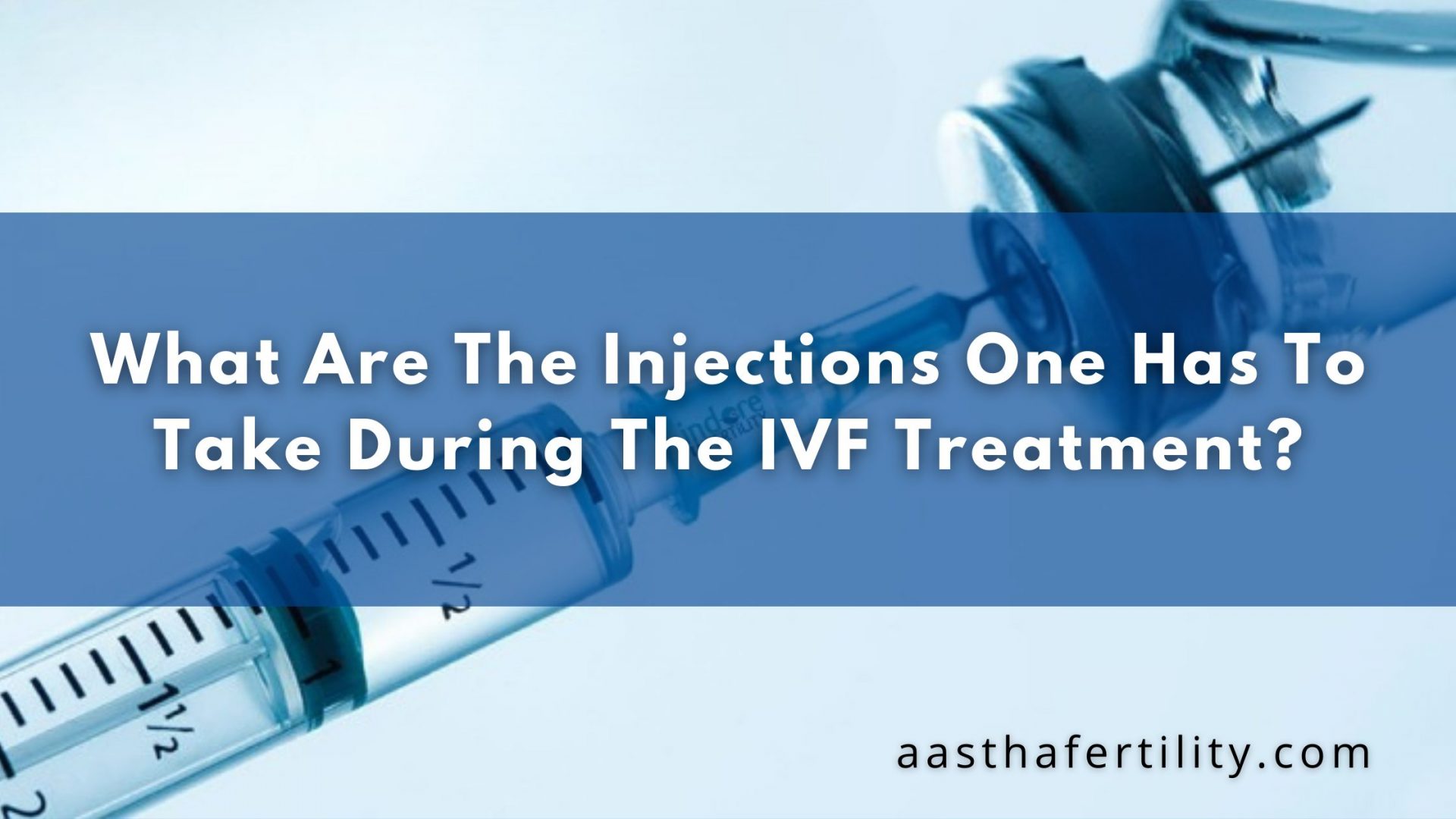
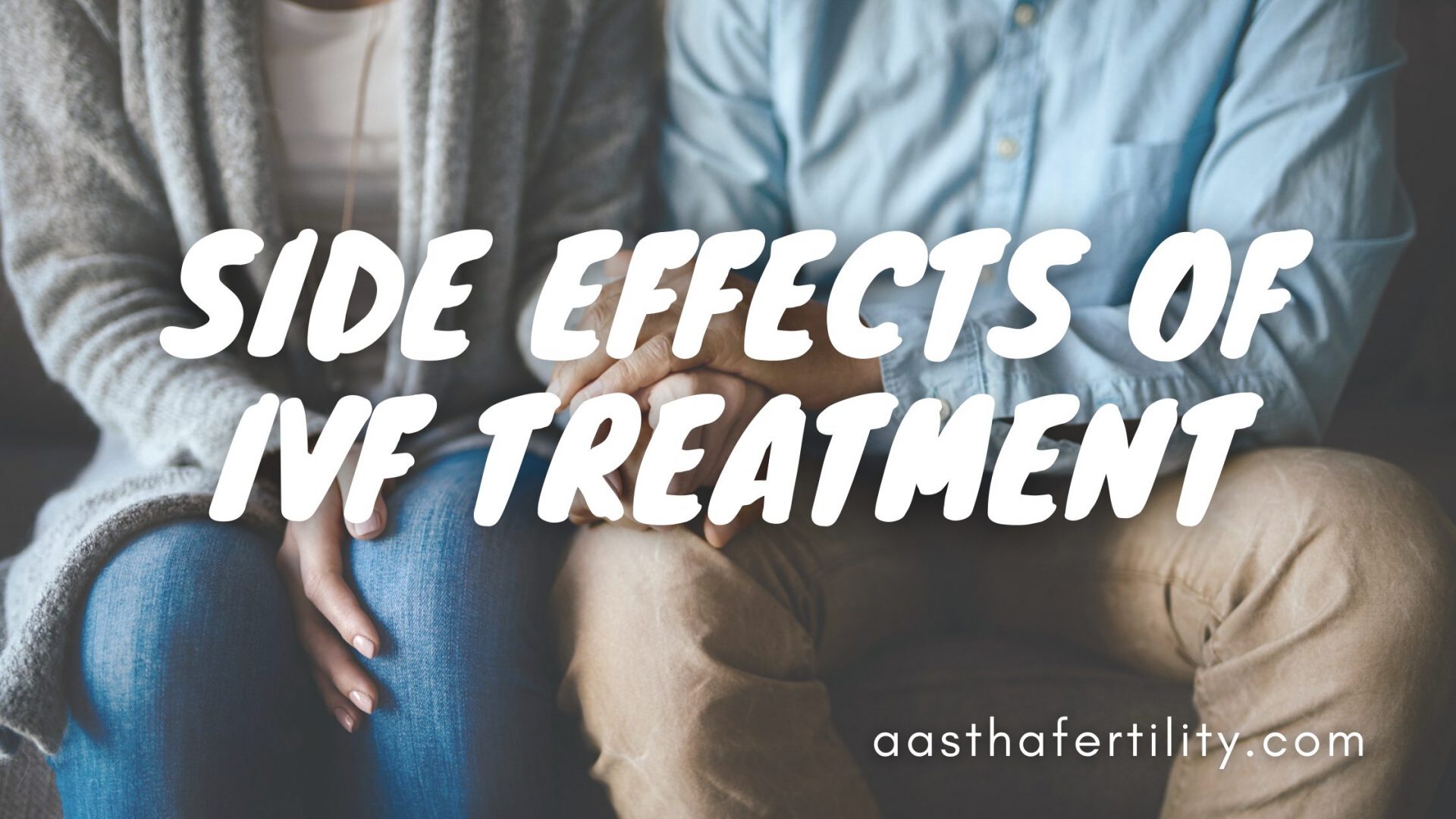
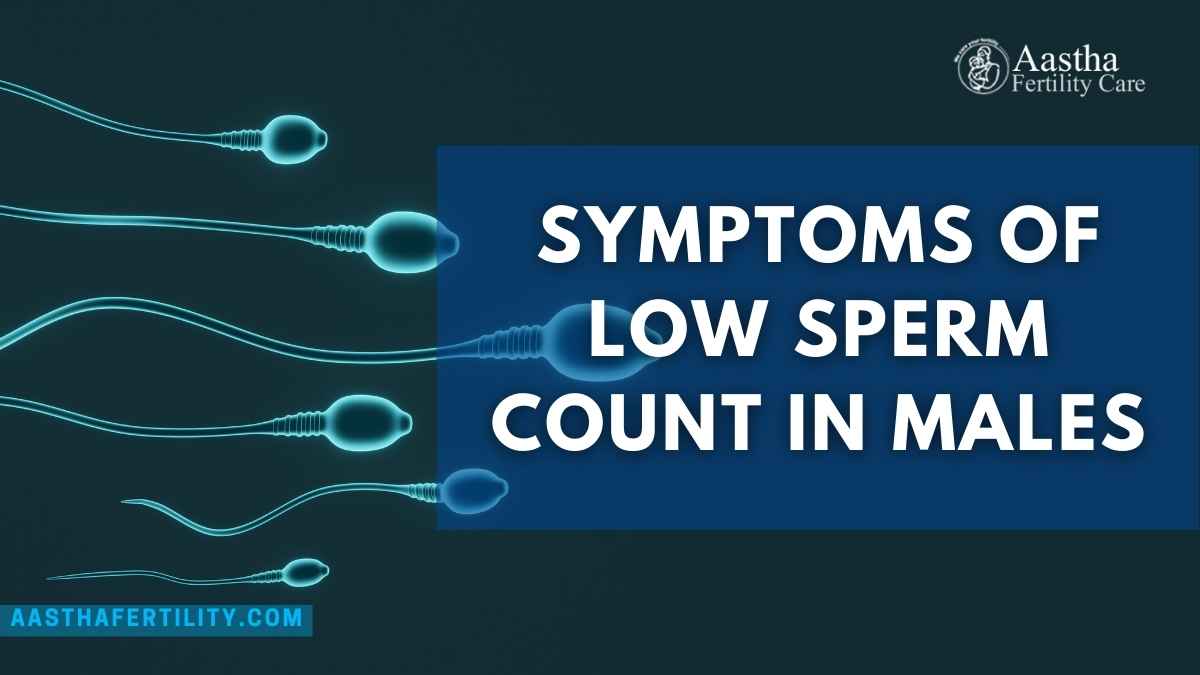

Leave a comment